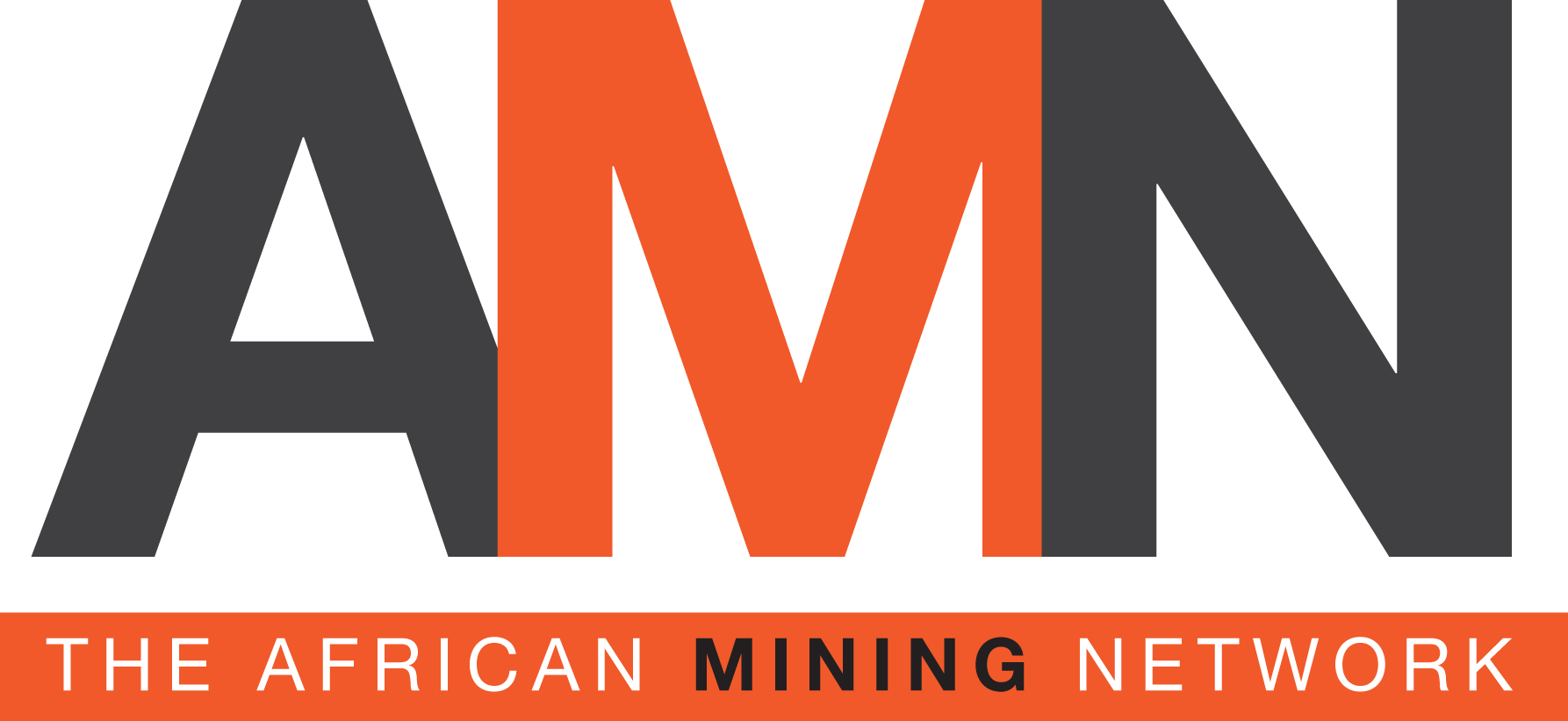- Yolanda Torrisi
- +61 412 261 870
- yolanda@yolandatorrisi.com
- Nina van Wyk
- +27 82 926 3882
- nina@africanminingnetwork.com
![]()
A key figure in the Namibian government has echoed industry sentiment by highlighting the need for a better approach to mining so industry participants can focus on exploration. Like other jurisdictions on the continent, the southwest African country’s investment attractiveness has declined in recent years, with industry assessments showing a progressive slip in ranking over the past five years.
Like other African countries whose stakes declined in last month’s Fraser Institute Annual Survey of Mining Companies, Namibia is taking stock. Namibia Mines and Energy Minister Tom Alweendo last week responded to industry concern and called for a review of the country’s licensing regime. He also argued minerals exploration was vital to the discovery of new mineral deposits and a multitude of minerals should be targeted with exploration activities.
A review that responds to calls for speedier regulatory approvals and more realistic licence terms would be a welcome mechanism for all parties in Namibia to focus on vital reforms that could help move things forward. Reviews that set a model for regulatory reforms are not only relevant to a country that spearheads change but also to others on the continent, as the changes set a benchmark for a progressive agenda.
Namibia was named the 60th-ranked country globally for investment attractiveness on Fraser’s list of 83 countries last month. The country’s score was a five-year low of just 56.66. Namibia’s assessment in the survey has progressively declined since in 2014 when it was ranked a notable high 21 out of 122 countries globally, achieving a score of 76.37. Of all the African countries ranked that year, Namibia was number one.
But no more, with the country then slipping to 33 out of 109 countries globally in 2015, based on a score of 69.78, then to 53/104 in 2016 (66.11) and 54/91 in 2017 (60.67). Compared to other countries in Africa, Namibia is now fifth on the continent, behind Botswana (32/83), South Africa (43/83), Zambia (45/83) and Mali (50/83) but ahead of Zimbabwe (62/83), Tanzania (66/83), Democratic Republic of Congo (DRC) (67/83), Ghana (68/83) and Ethiopia (77/83).
Fraser Institute acknowledges a key factor in investment decisions is an estimation of mineral potential — it contributes a lion’s share to final investment decisions. The institute says government policy comes into play a smaller 40% of the time.
Fraser’s findings and Alweendo’s arguments reflect what many of us know to be true — minerals exploration matters, and so does making new discoveries. Industry and governments across the continent must persist with exploration projects, despite regulatory hurdles, and encourage reforms so the journey to development is easier, swifter and more successful.
Last week, Alweendo highlighted the lengthy period of time it takes for a Namibian licence application to be processed as an issue and flagged “impractical licensing conditions” and “unpredictable” policies that created uncertainties for industry. Reform led by a focus on minerals exploration would certainly be a welcome change in the jurisdiction and one that acknowledged the 12% mining contributed to the nation’s gross domestic product in 2017.
Diversification pushes in the country are important but mining is still a key industry expected to grow to 15% of GDP by 2022. Any positive change on the mining front will help boost the local economy and bring jobs and wealth the community — and shareholder returns.
When the mining sector’s contribution to an economy is encouraged, rewards follow for business and community. As an industry, we must continue to highlight the need for reform, so miners, explorers and developers can achieve greater success across the continent and help countries such as Namibia restore their investment attractiveness for the benefit of their economies and communities.
- Yolanda Torrisi is Chairperson of The African Mining Network and comments on African mining issues and the growing global interest in the continent. Contact: yolanda@yolandatorrisi.com

